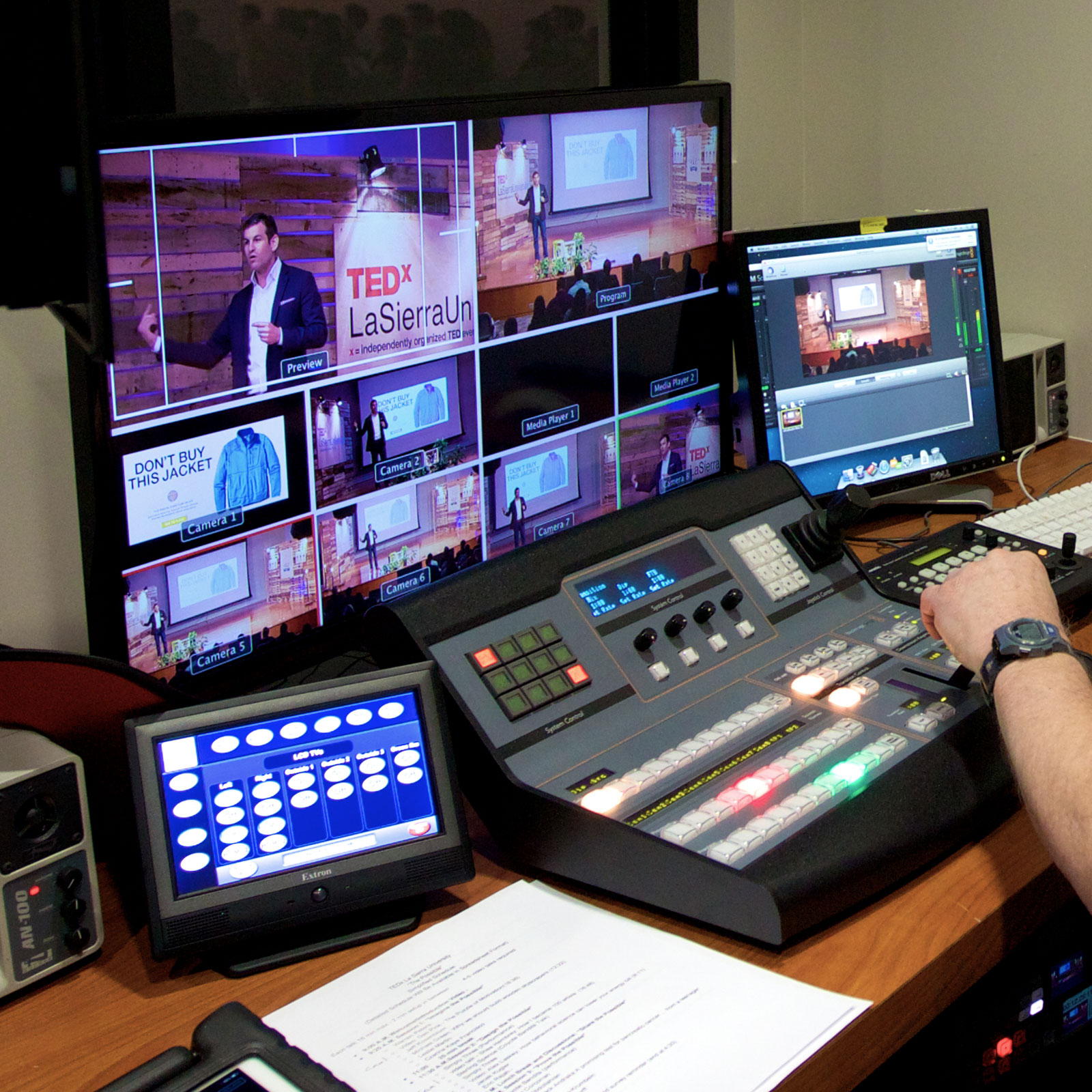The Hollywood Strike: What It Means For Film And Television Production

Table of Contents
Impact on Production Schedules and Release Dates
The Hollywood strike has brought numerous film and television productions to a grinding halt. This immediate cessation of work means significant delays are inevitable, pushing back release dates for highly anticipated movies and TV series. The ripple effect is substantial, impacting not only the studios and networks but also the countless individuals and businesses that rely on the industry's smooth operation.
- High-Profile Projects Affected: Several major projects, including the next season of Stranger Things, numerous late-night talk shows, and several big-budget feature films, have already experienced substantial delays due to the strike. The longer the strike continues, the more extensive the list of affected projects will become.
- Financial Losses for Studios: The financial implications are staggering. Studios are facing significant losses due to halted productions and the postponement of marketing campaigns. These losses extend beyond direct production costs to encompass marketing, distribution, and potential revenue from theatrical and streaming releases.
- Ripple Effect on Supporting Industries: The impact extends far beyond the actors and writers themselves. Businesses reliant on the entertainment industry – catering companies, location scouts, transportation services, and countless others – are experiencing decreased demand and potential job losses.
Financial Implications for the Industry
The economic consequences of the Hollywood strike are profound and far-reaching. Beyond the immediate costs associated with stalled productions, the longer-term financial implications are significant and still unfolding. The impact extends to streaming services, already facing economic challenges, whose programming schedules are now significantly disrupted.
- Estimated Financial Losses: While precise figures are difficult to ascertain at this stage, analysts predict billions of dollars in losses for the industry, impacting both large studios and independent production companies. These figures are based on estimates of lost production time, marketing costs, and potential revenue from delayed releases.
- Impact on Stock Prices: The strike has already had a noticeable impact on the stock prices of major entertainment companies. Investor uncertainty surrounding the duration and outcome of the strike has led to market volatility.
- Job Losses Beyond Actors and Writers: The economic consequences extend beyond the striking actors and writers, affecting the jobs of numerous individuals working in various supporting roles within the industry. This includes crew members, post-production staff, and those employed in related businesses.
The Future of Streaming and Content Creation
The Hollywood strike has the potential to fundamentally reshape the landscape of streaming services and content creation. The current model of production and distribution, heavily reliant on a large workforce and traditional contracts, is being challenged. The future may hold a different approach to content creation, potentially accelerating shifts already underway.
- Changes to Streaming Service Operations: Streaming services might need to rethink their programming strategies and potentially increase investment in alternative content sources.
- Impact on the Creative Process: The strike's outcome could significantly influence the creative process, with potential implications for the type of content produced and the way it is developed.
- Rise of Independent Film Production: The strike could give rise to a new wave of independent film production, as filmmakers explore alternative routes to funding and distribution outside the traditional studio system. This might lead to more diverse voices and perspectives in film and television. The increasing use of AI in content creation also adds another layer of complexity.
The Actors' and Writers' Demands and Their Long-Term Effects
The WGA and SAG-AFTRA have put forth crucial demands addressing fair wages, residuals in the streaming era, and the appropriate regulation of artificial intelligence (AI) in creative work. These demands reflect years of growing concerns about fair compensation and the changing dynamics of the entertainment industry.
- Key Demands: The WGA's demands focus on fair wages, improved residuals structures for streaming content, and stronger protections against the use of AI. SAG-AFTRA's demands include similar issues, with a specific emphasis on fair compensation for background actors and the prevention of AI misuse.
- Improved Working Conditions: The successful resolution of these demands could lead to improved working conditions and greater job security for actors and writers.
- Impact on Future Negotiations: The outcome of these negotiations will set a precedent for future labor negotiations within the entertainment industry, shaping the relationship between unions and production companies for years to come.
Conclusion
The Hollywood strike is having a profound and multifaceted impact on film and television production. The financial losses are substantial, and the potential delays to countless projects are creating a significant backlog. The strike's effects are reshaping the landscape of streaming services and content creation, potentially accelerating changes already underway. The demands of the WGA and SAG-AFTRA regarding fair wages, residuals, and AI regulation are central to the conflict and will shape the future of the industry for years to come.
Stay informed about the unfolding Hollywood Strike and its impact on the future of entertainment. Follow reputable news sources and join the conversation using #HollywoodStrike #SAGAFTRA #WGA.

Featured Posts
-
 Vercel Fights Back Against La Ligas Piracy Block A Case Of Unaccountable Censorship
May 16, 2025
Vercel Fights Back Against La Ligas Piracy Block A Case Of Unaccountable Censorship
May 16, 2025 -
 2 0 Olimpia Vence A Penarol Resumen Y Mejores Momentos
May 16, 2025
2 0 Olimpia Vence A Penarol Resumen Y Mejores Momentos
May 16, 2025 -
 Police Custody Death Disturbing Video Shows Final Moments Of Ohio Man
May 16, 2025
Police Custody Death Disturbing Video Shows Final Moments Of Ohio Man
May 16, 2025 -
 Ge Force Now S Enrichit De 21 Jeux Ce Mois Ci
May 16, 2025
Ge Force Now S Enrichit De 21 Jeux Ce Mois Ci
May 16, 2025 -
 La Lakers Game Recaps Highlights And Player Stats Vavel Us
May 16, 2025
La Lakers Game Recaps Highlights And Player Stats Vavel Us
May 16, 2025
